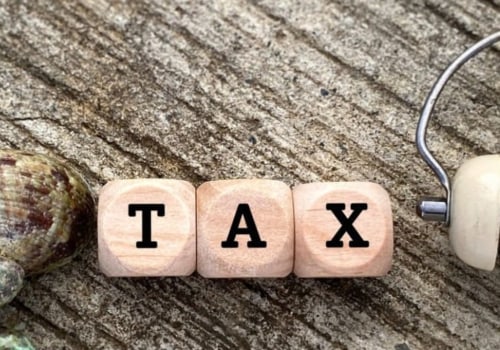Single forgiveness, also known as penalty reduction, is an IRS program that exempts taxpayers who have made a mistake filing an income tax return or paying on time from any penalty faced. This program isn't for you if you're noticeably late filing taxes or have multiple unresolved penalties. Fortunately, the IRS offers a unique forgiveness program to help people deal with their tax obligations. With this initiative, you can evade the negative consequences of owing taxes.
You can also have enough time to organize your finances and pay off the debt without causing major financial problems. Some late-night ads promise that they'll forgive your tax debt, even if you owe thousands of dollars to the IRS. In reality, there is no absolute debt forgiveness program. This assistance program only applies if the IRS sends you an incorrect bill after a tax debt caused by the advice provided by its officials.
When you want to settle what you owe in a more timely manner, you can select an option that exists under the IRS Fresh Start Program. The IRS Fresh Start Program is another term for the agency's various debt forgiveness options. We specialize in areas of back taxes, such as IRS wage garnishments, IRS bank levies and unfiled tax returns. Once you apply for the IRS single pardon program, the IRS will evaluate your situation and evaluate your eligibility.
In plain English, this means that if you have been up to date with the IRS and have corrected any issues that have arisen before, the IRS will be willing to work with you to find a solution to an unlikely problem. Considering the various debt forgiveness options offered by the IRS is a good idea if you owe them an amount of money. Reducing fines for the first time is another one-time forgiveness program that allows the IRS to waive all the fines and penalties you owe. With more than a million people who owe money to the IRS at any given time and the limited resources and workforce that the IRS has, the IRS is aware that it cannot collect every penny that every taxpayer has owed.
This waiver period may also be longer if you sign agreements and exemptions that allow the IRS to extend it. However, there is no direct answer to the forgiveness programs that the IRS offers universally to all individuals and organizations that have tax debts. If there were a Debt Forgiveness Act that IRS agents could follow, it would be much easier to answer this question. If you can't pay tax penalties due to circumstances beyond your control, you may qualify for a one-time waiver from the IRS.
In order for the IRS to cover cases in which some people are unable to collect the tax debt, there are unique forgiveness programs that help not only the taxpayer but also the IRS to collect the most money from each person who has a debt. Yes, the IRS offers a one-time forgiveness, also known as a commitment offer, the IRS debt relief program.



